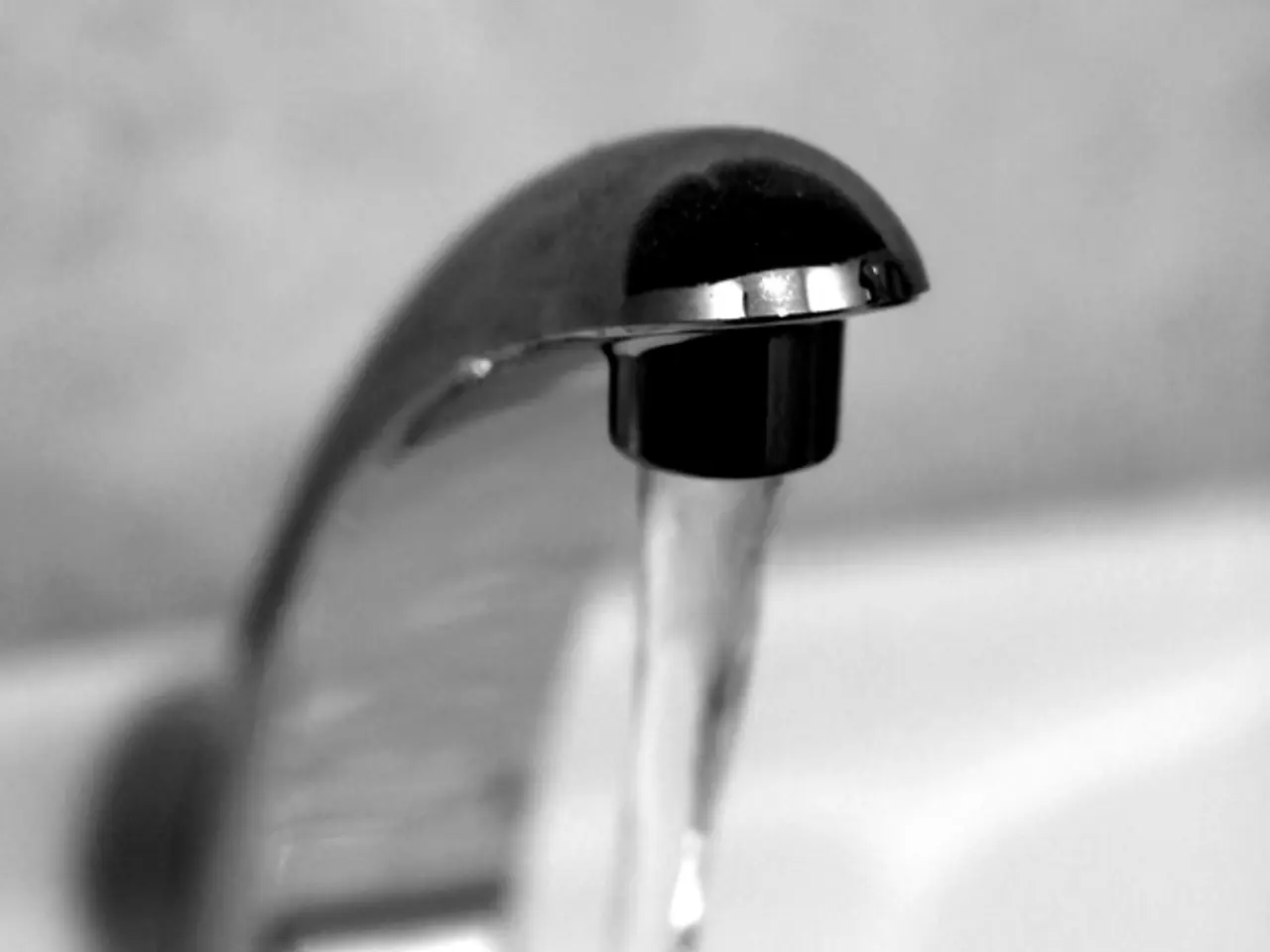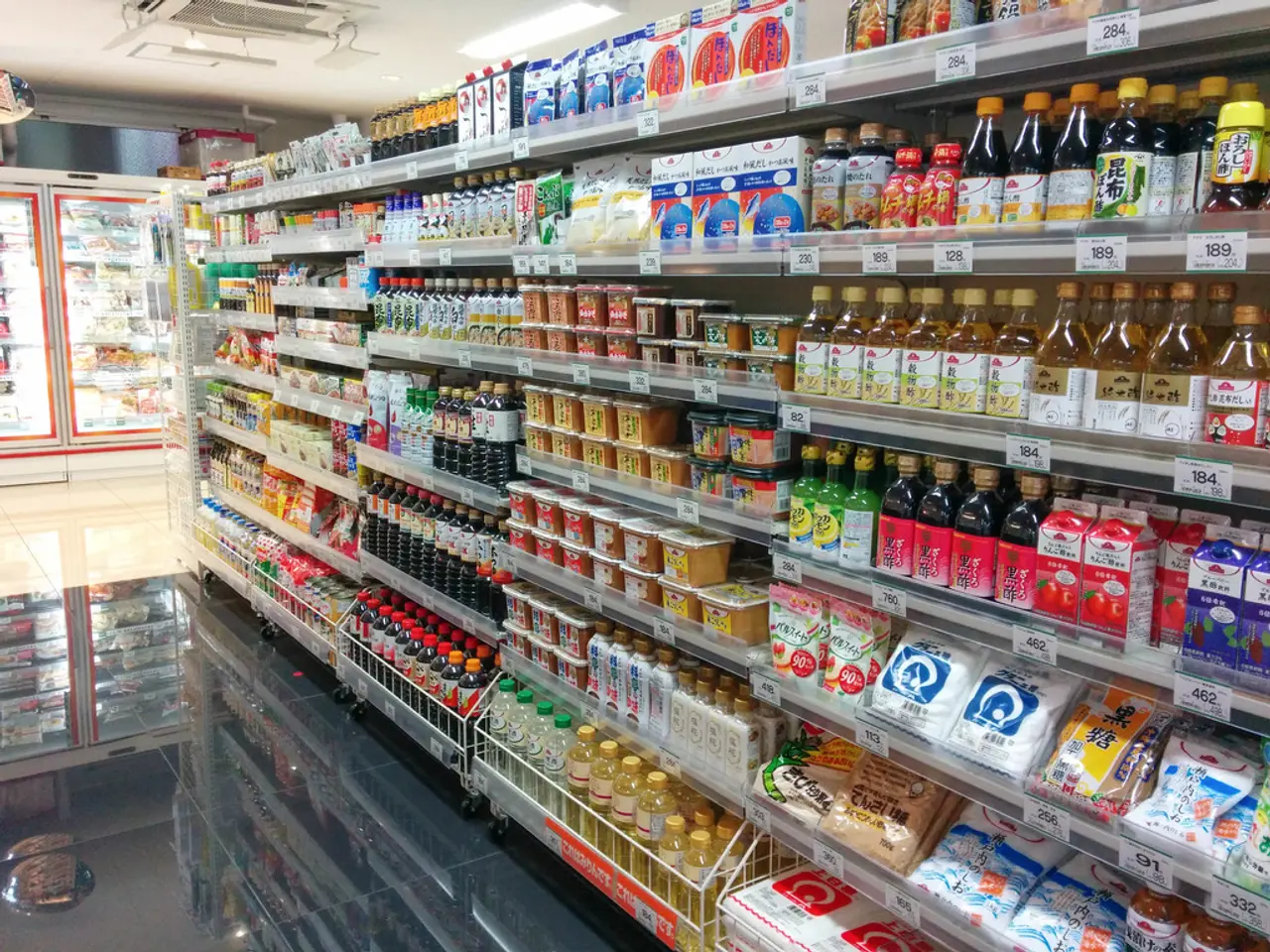Portugal Fails to Adhere to EU Drinking Water Guidelines
Revamped Version:
In Brussels, the EU's big boss is speaking up, pushing five countries - Portugal, Bulgaria, Greece, Spain, and the Netherlands - to hop on the bandwagon and update their water quality criteria to match EU guidelines. These updates deal with reducing micro-plastics in water and addressing leaks, since an average 30% of piped drinking water is lost during distribution.
Speaking of Portugal, the Government's been called out for fumbling several aspects of the directive, chief among them the assessment of safe drinking water and the role of competent authorities.
The European Commission's thrown down the gauntlet as well, challenging Portugal and Romania to toe the EU's line on eco-design and energy labeling of products. The Commission's beef? The member states' sluggishness to comply with rules on product labeling, which require energy efficiency and environment-friendly designs.
The EU believes this info-rich labeling empowers consumers to make smart decisions - and they ain't wrong! The Commission spilled the beans on their reasoning.
Fun fact? Portugal and Romania are currently under the European Commission's microscope for skimping on eco-design and energy labeling enforcement. The Commission's already lobbed formal letters of warning at both nations over their stinginess with resources and powers for national market authorities. The Market Surveillance Regulation (EU 2019/1020)[1][4] demands frequent product checks and thorough reporting - tasks apparently beyond Portugal and Romania's capabilities.
If these countries can't shape up in two months, the European Commission might escalate matters by dishing out reasoned opinions and potentially hauling them before the Court of Justice of the EU. Non-compliance could lead to fines or other penalties[1].
In a nutshell:
- Current Status: Portugal and Romania are under fire for skimping on eco-design and energy labeling regulations enforcement.
- Core Issues: Insufficient resources and powers for national market surveillance authorities, plus inadequate product checks.
- Next Steps and Consequences: Two months to respond; escalation to court action and potential penalties if non-compliance persists[1][4].
This action exemplifies the EU's unwavering commitment to promoting energy efficiency and green practices within the market. They ain't messin' around!
- The European Union is urging Portugal to improve its approach to directives, particularly focusing on the assessment of safe drinking water and the role of competent authorities.
- The EU's push for Portugal and Romania also includes adherence to eco-design and energy labeling of products, as both countries are currently under scrutiny for their enforcement.
- In the realm of science and environmental-science, the EU is determined to reduce micro-plastics in water and address leaks, aiming to meet EU guidelines.
- The EU's policy-and-legislation requires product labeling that showcases energy efficiency and environment-friendly designs, a concern shared by other EU members such as Portugal and Bulgaria, Greece, Spain, and the Netherlands.
- The future of renewable-energy and the environment lies heavily on the finance and business sectors, as the moves made by the EU demonstrates their dedication to climate-change mitigation through industry regulations.
- General-news highlights the ongoing challenges faced by countries like Portugal and Romania in meeting EU standards, offering insights into the complexities of policy negotiations within the Union.
- The oil-and-gas industry may face implications as well, as the push for energy efficiency could potentially shift market dynamics towards more renewable sources of energy.







